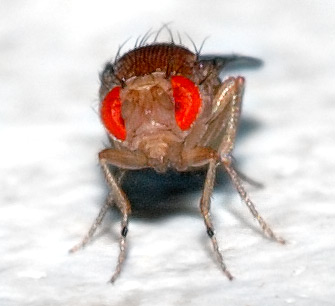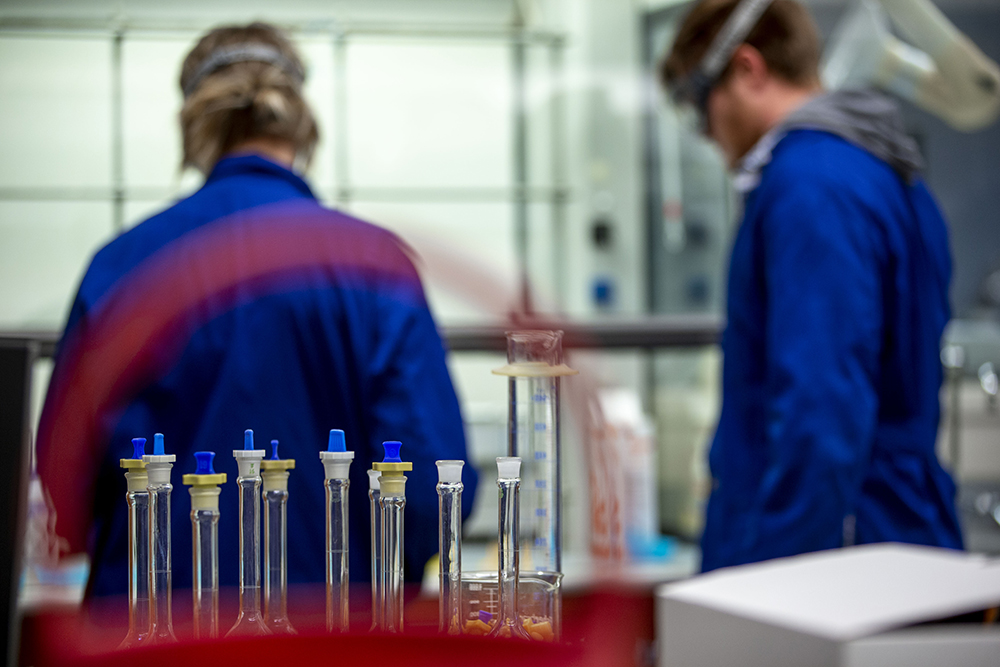Bowdoin Professor Secures Federal Funding to Study Gene Behavior
By Tom PorterJack Bateman, who is Bowdoin’s Samuel S. Butcher Associate Professor in the Natural Sciences, wants to understand how genes are turned off and on when they’re crowded together in a tight space.

His research project, titled “Know your neighbors: investigating the influence of gene colocalization on transcriptional dynamics,” was recently awarded a federal grant for more than $400,000 through the National Institutes of Health.
“Essentially, we’re trying to understand how genes get turned on and off at a very fundamental level,” said Bateman. “The scientific community already knows a lot about that, but when we've studied this process in the past, we typically look at one gene at a time.” What Bateman wants to do, he explained, is study what happens between genes when they’re all crowded together in a tight space, or “colocalized.”
“We know that there are lots and lots of genes being turned on and off at the same time when they’re colocalized, and we’re asking how they do this. Do they compete with one another for the resources they need to be turned on? Or do they actually help one another to recruit those things that they need? Active genes often localize together to discrete regions of the nucleus,” Bateman continued, “but the consequences of colocalization on gene expression are poorly understood.”
To learn more about this type of gene behavior, he plans to study Drosophila melanogaster, a.k.a. the common fruit fly. Fruit flies are often used in genetic studies because their smaller genome makes them easier to manipulate.



